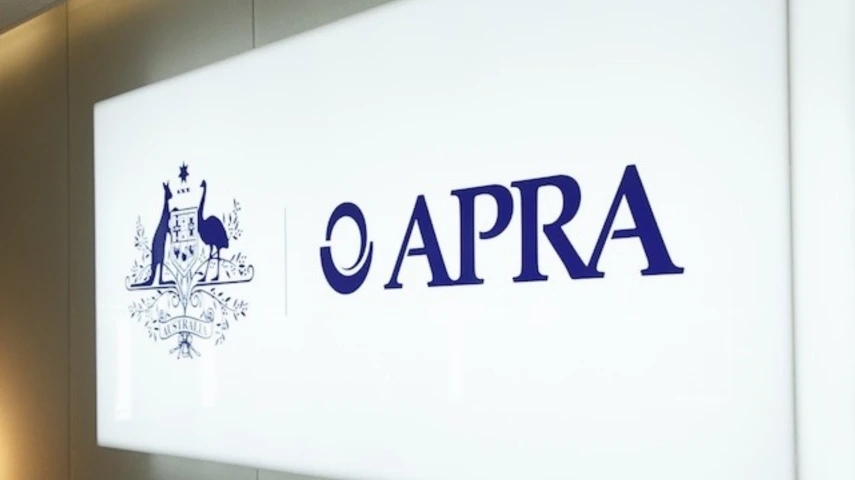APRA identifies 2023–24 super priorities



Improving superannuation transparency to provide members with investment performance insights and increasing focus on retirement outcomes are among APRA’s strategic priorities for 2023–24.
Outlining its priorities for 2023–24, the prudential regulator said its work in super will support improved member outcomes. Work will also be informed by the recommendations from the Financial Regulator Assessment Authority (FRAA).
The FRAA report on APRA was released in July and recommended strengthening risk identification in the super industry and more forward-looking regulation.
“APRA should increase its efforts to identify risks in superannuation, including emerging and systemic risks, and their potential consequences. APRA could then better perform its supervisory activities and recovery and resolution planning,” the report said.
In the super space in the year ahead, APRA said that it will look to improve transparency to provide members with enhanced insights about investment performance.
It will also increase its focus on retirement outcomes in line with the Retirement Income Covenant that was launched last year.
Over the planned horizon, APRA will:
- Maintain focus on reducing unacceptable product performance by increasing expectations on trustees to close high fee, poorly performing products
- Drive trustees to improve member retirement outcomes through targeted supervision of the implementation of the Retirement Income Covenant
- Increase transparency of performance across the superannuation industry by releasing new and expanded statistical publications and conducting the annual performance test
- Simplify core superannuation requirements in updates proposed to Prudential Standard SPS 515 Strategic Planning Member Outcomes to foster a culture of continuous improvement for trustees
- Assess trustee self-assessments against the strengthened Prudential Standard SPS 530 Investment Governance, particularly in respect of the approach taken by trustees to liquidity management, stress testing, and asset valuation.
APRA chair, John Lonsdale, said: “Among the considerations shaping the updated approach are rising interest rates and high inflation, geopolitical instability, the growing threat of cyber attacks and scams, and the increased frequency of natural disasters.
“APRA has also responded to lessons learned from the collapse of Silicon Valley Bank and the takeover of Credit Suisse in March this year, as well as the findings of the Financial Regulator Assessment Authority on APRA’s approach to supervising the superannuation industry.”
Recommended for you
The ATO has revealed nearly $19 billion in lost and unclaimed super, urging over 7 million Australians to reclaim their savings.
The industry super fund has launched a new digital experience designed to make retirement preparation simpler and more personalised for its members.
A hold in the cash rate during the upcoming November monetary policy meeting appears to now be a certainty off the back of skyrocketing inflation during the September quarter.
The peak superannuation body has announced the appointment of Peter Chun, CEO of UniSuper, to its board of directors.










